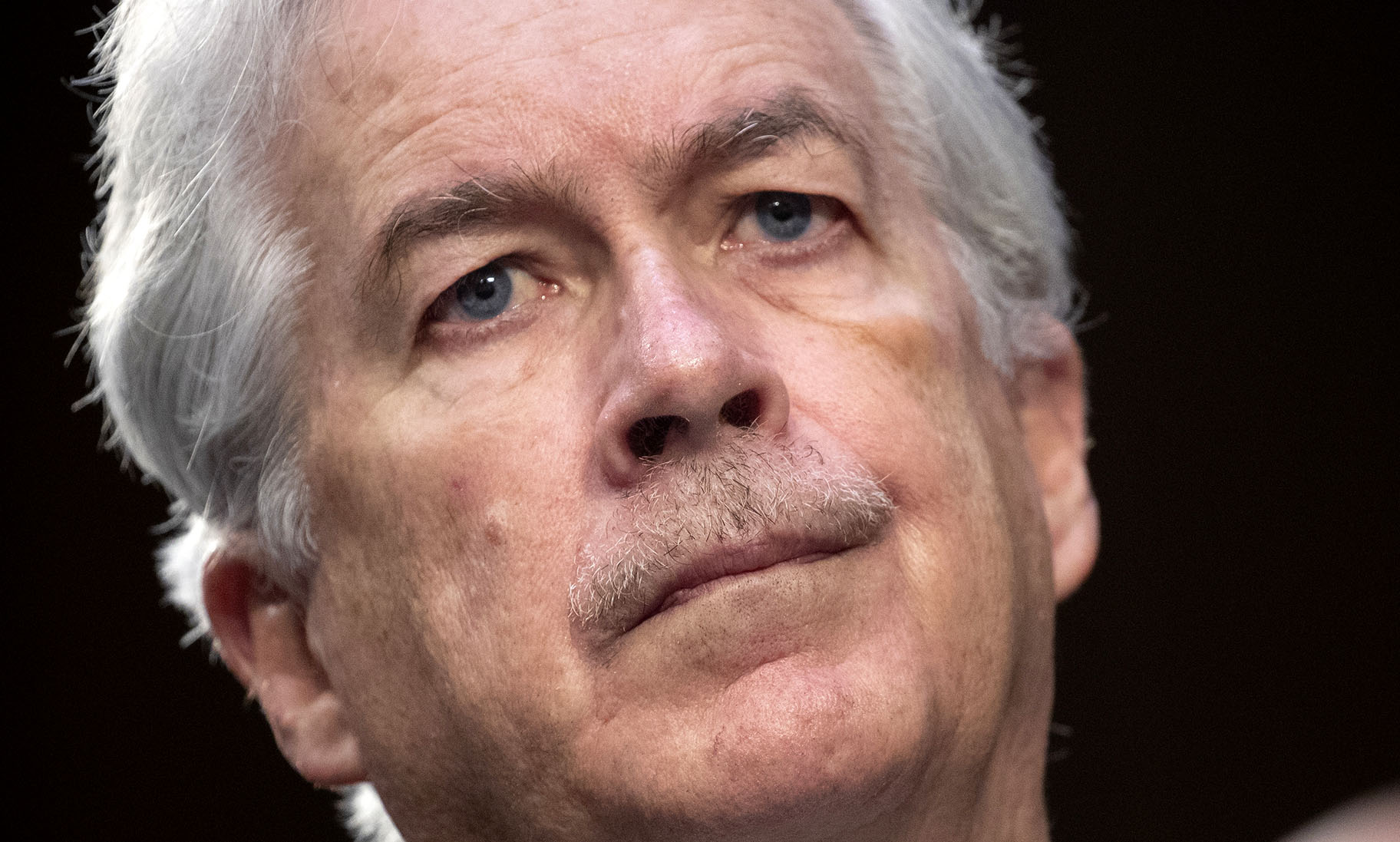There was a “slim hope” that a military attack by Iran against Israel could be averted, said Barbara Slavin, a distinguished fellow on the Middle East and north Africa at the Stimson Center in Washington.
If and when an attack occurs, Iran may be able to use its broad network of proxies — Hezbollah, the Houthis in Yemen, militias in Iraq and Syria, and Hamas in Gaza — to coordinate a more complex and damaging assault on Israel from close range.
Gaza truce talks open in Doha as Israel-Iran tensions simmer
Israel began talks with international mediators about a proposed pause to the more than 10-month-old war in Gaza in an effort to douse spiralling tensions between the Jewish state and Iran.
An Israeli delegation led by David Barnea, director of the Mossad spy service, arrived in Qatar to meet its prime minister, Sheikh Mohammed bin Abdulrahman Al Thani, and Egyptian intelligence chief Abbas Kamel, the intermediaries between the warring sides. CIA director William Burns is there representing the US.
Although Hamas representatives were not due to be present at the discussions in the Qatari capital of Doha, two officials said mediators would brief the Iran-backed group shortly after the gathering.
The various parties are working on a three-stage proposal presented by US President Joe Biden at the end of May, which aims to suspend hostilities, free more than 100 hostages held by Hamas in exchange for Palestinian prisoners and transfer more aid to the ravaged Gaza Strip.
Read more on Middle East tensions:
- Iran suspense grows as Israel and its allies brace for attack
- Gaza ceasefire talks to resume as Israel-Iran tensions simmer
- US beefs up Middle East forces ahead of Gaza truce talks
In the past, mediators have struggled to resolve a key rift between Israel and Hamas. Israel insists that it will eventually fight on until Hamas is destroyed, while the Islamist group is demanding that any ceasefire be permanent and all Israeli troops withdraw.
Iran and Lebanon-based Hezbollah are threatening to retaliate against Israel, which they blame for the back-to-back assassinations of top militants in Beirut and Tehran two weeks ago. That has deepened the impasse, though a Gaza truce could help ease tensions.
Israeli officials have described the Doha meeting as a chance to close ranks with the US and to ask Qatar and Egypt to persuade Hamas to give ground on truce terms.
White House spokesperson John Kirby said he expected the talks in Qatar to continue into Friday, and they could take days.
That timeframe may point to problems in conferring with Hamas’ leader in Gaza, Yahya Sinwar. He replaced Ismail Haniyeh, who was killed in the Iranian capital on 31 July. Israel has neither confirmed nor denied a role in Haniyeh’s death.
The war erupted after Hamas fighters swarmed into southern Israel on 7 October, killing about 1,200 people. Israel responded with an air and ground assault and about 40,000 people have died, according to health officials in Hamas-run Gaza.
‘Slim hope Iran attack can be averted’
There was a “slim hope” that a military attack by Iran against Israel could be averted, said Barbara Slavin, a distinguished fellow on the Middle East and north Africa at the Stimson Center in Washington. “The Iranians have been pretty clear that if there is a durable ceasefire they will refrain from a military attack and essentially claim they are partly responsible for achieving” it, she said.
If and when an attack occurs, Iran may be able to use its broad network of proxies — Hezbollah, the Houthis in Yemen, militias in Iraq and Syria, and Hamas in Gaza — to coordinate a more complex and damaging assault on Israel from close range.
One option Israeli officials fear, according to a report on Israel’s Army Radio, could involve Iran ordering one of the Palestinian armed groups it sponsors in the West Bank to attack an Israeli target, potentially with a large number of civilian casualties.
A strike that kills many Israeli civilians, however, was likely to provoke a response by the US and Israel that Iran would not be able to counter, according to Michael Singh, managing director at the Washington Institute for Near East Policy and a former senior director for Middle East affairs at the National Security Council.
“Iran really has to worry if it goes too far,” Singh said. If Iran were more successful this time than it was in April, “that would then face a US or Israeli counter-attack that would quickly overwhelm it because Iran’s own defences are not very good”.
Iran’s earlier reprisals for attacks it blamed on Israel and the US — including assassinations of nuclear scientists and a US strike that killed a top general in 2020 — have involved targeting US bases in Iraq or buildings in Iraq’s Kurdistan region that it claims are used by Israeli spies. US intelligence officials have also tracked possible Iranian plots to assassinate former US officials, including Donald Trump.
Israel worries that its embassies or citizens abroad may come under Iranian attack. Iran has been accused by the US and some European countries of trying to kill dissidents overseas, and in 2021 Israel said it foiled a plot by the Islamic Republic to kill Israelis in Cyprus.
In addition to relatively weak air defences and capabilities limited to drones and missiles, Iran’s heavily sanctioned economy meant it was not prepared to wage a major war, according to Alex Vatanka, director of the Iran programme at the Washington-based Middle East Institute. DM
Read more: Middle East Crisis news hub





